The circular economy is at the heart of real sustainability, or perhaps sustainability is central to a circular economy. Either way, it’s about doing more with less and making more of what we have.
Slurry is a continuous concern for intensive livestock sectors and the loss of nutrients associated with its application and use can affect air and water quality. Much of the current focus is on putting this slurry onto or into the ground, to minimise the risk of these losses. A new research project is attempting to take the nutrients out of dilute slurry by growing a specific plant in it to produce animal feed and ending up with clean water.
The ‘Brainwaves’ project aims to exploit the natural ability of duckweed to thrive in and purify polluted water
The novel research project seeks to take slurry, produced from the digestion of feed, and use it to directly produce other feed. Arguably, this is what we are doing already when we apply it to land, but this can also give rise to other nutrient loss challenges.
This €1.4m project, led by Prof Marcel Jansen in University College Cork, aims to grow duckweed on dilute slurry to produce an edible high protein feed.
The ‘Brainwaves’ project aims to exploit the natural ability of duckweed to thrive in and purify polluted water. In doing this, the project suggests that it can produce both clean water and animal feed. Duckweed (Lemna minor) is a series of little leaflets that are often seen floating and growing on ponds of dirty water.
The project appears to be focused on very dilute slurry (dirty water) but I wonder if it plans to examine the liquid fraction of separated slurry, or possibly even digestate.




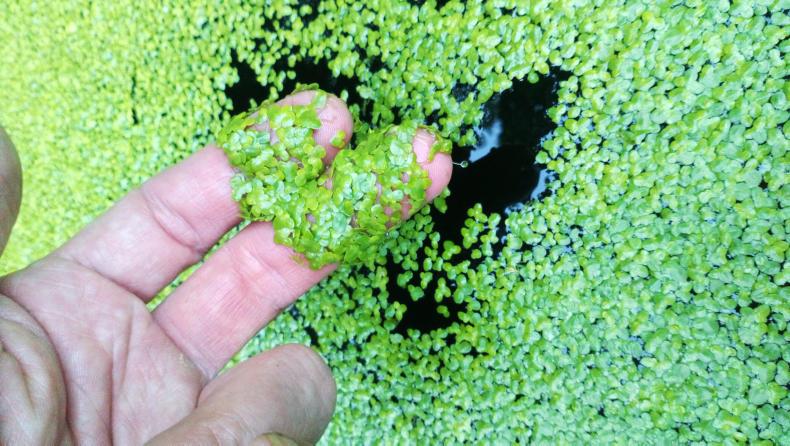
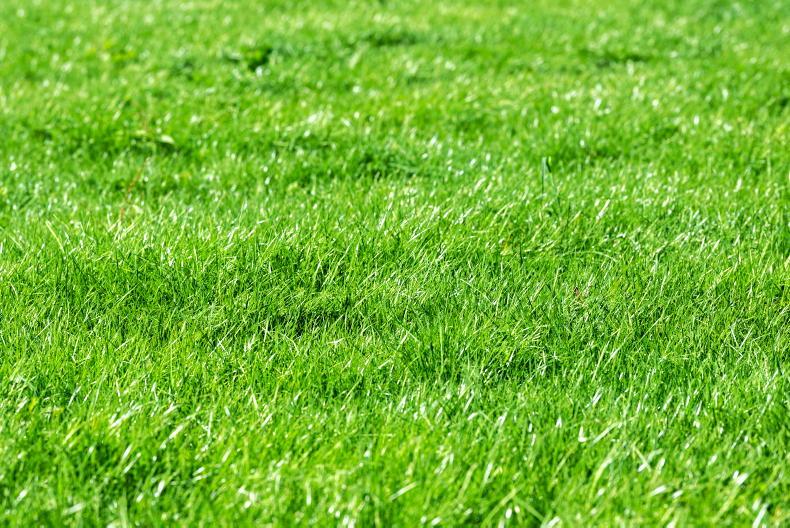

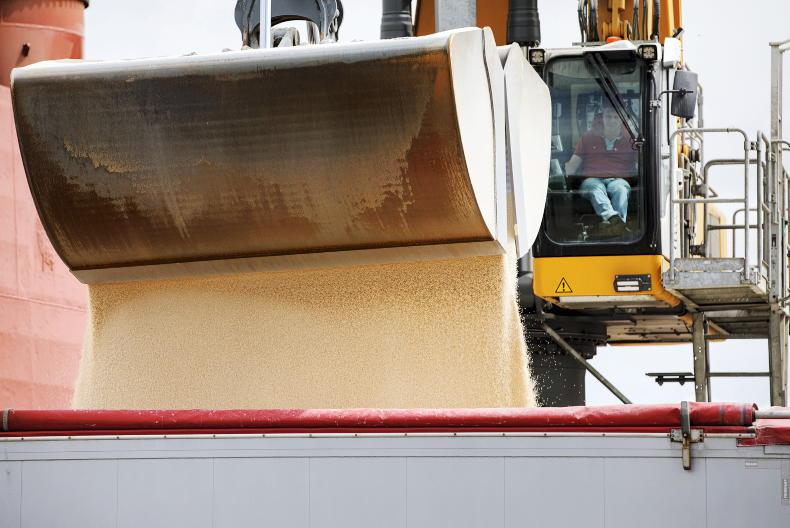
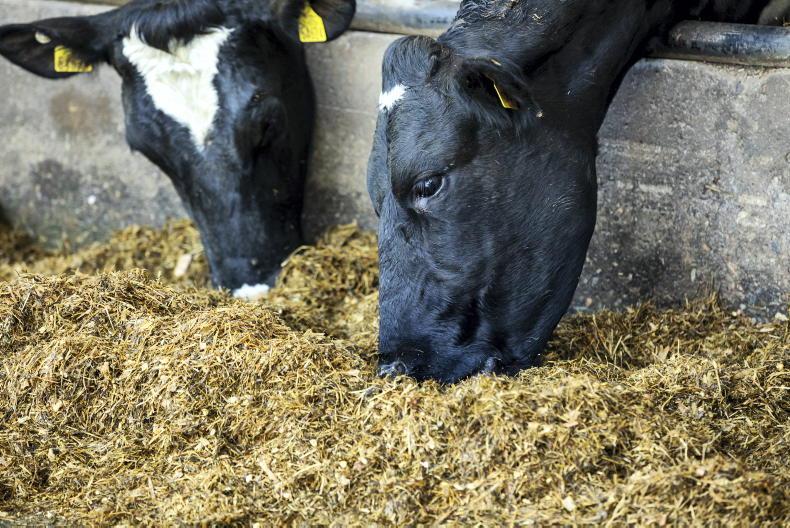
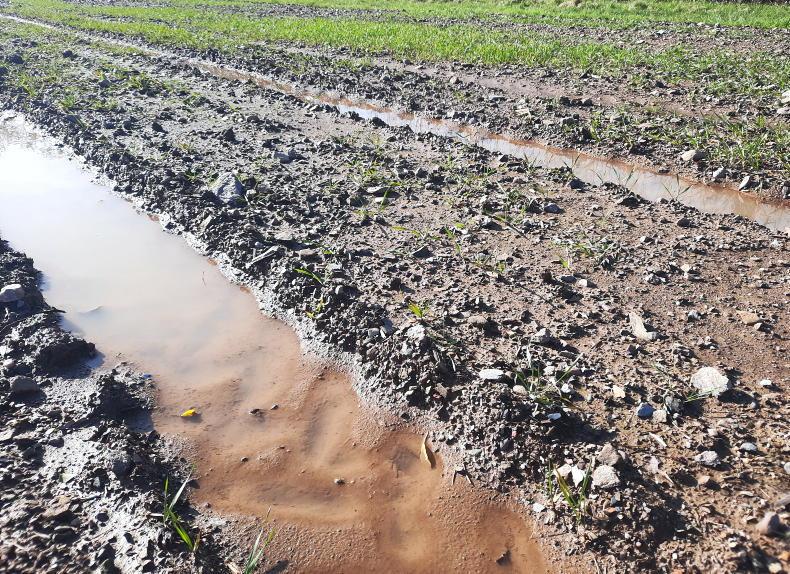
SHARING OPTIONS